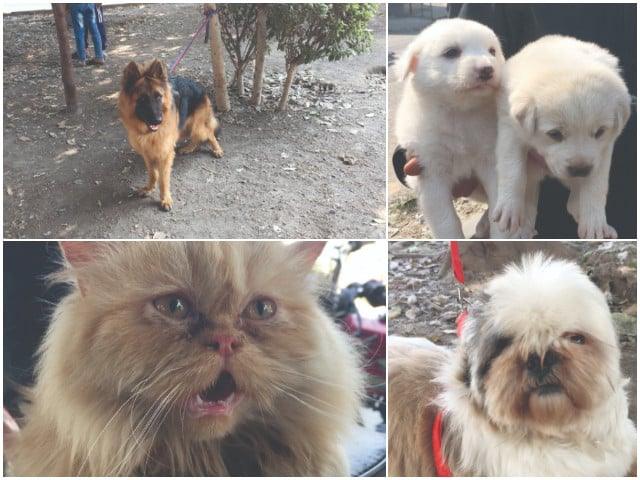Lahore:
Known for decades as a hub for sales of birds and pets, the Tollinton market landed in controversy following the recent decision of the Punjab government to close the renovation market.
When the authorities are categorical to close the market in order to reorganize the Center for the Sales for membership of international hygiene standards, the merchant’s community is worried about the future of their business, which is their primordial source of income. The complex dispute has surfaced after the government ordered traders to move their companies by June 30, without specifying another site, leaving traders affected in a state of uncertainty.
According to Mohammad Adnan Hashmat, owner of a bird shop, the merchants were invited to hand over to the Punjab fauna authorities to rethink their outlets at significant personal costs during the renovation process. “But now, we are told to close and move elsewhere, which is unfair. The situation has led to anxiety among the community of traders, who claim that their businesses are in danger because of this sudden change,” said Hashmat.
According to testimonies, the High Court of Lahore took note of the issue and asked for recommendations from a judicial commission. The court pointed out that the Tollinton market should serve as a model for upgrading similar markets through Punjab. However, traders insist that their withdrawal threatens their livelihoods and called on the Minister -in -Chief Maryam Nawaz to intervene.
According to Lahore Development Authority (LDA), the reconstruction of the market cost RS190 million. As part of the project, three model stores were completed and the remaining sellers were invited to renovate by themselves, corresponding to the new standards.
The director general of the LDA, Tahir Farooq, said that a management committee, in particular traders, the administration of the district and the Punjab Food Authority will supervise cleanliness, waste management and sales of meat, guaranteeing a strict implementation of new SOPs.
The main minister Marriyum Aurangzeb, during his visit to the market, said that the maintenance of meat and animals living in the same space had violated the international health regulations. “Consequently, domestic animals are removed, and only the sale of meat will be authorized in the future. A new slaughterhouse is also under construction near a drain for hygienic treatment of meat,” said Aurangzeb.
While the authorities consider these stages as global standards, experts argue that the establishment of a chicken market and a slaughterhouse in an animated urban area could worsen traffic and public hygiene problems. They recommend decentralizing these installations, stressing that contaminated poultry has been found several times in the city.
On the positive side, the reworked infrastructure, including tiled floors, marble tracks and uniform lighting, has improved the market environment. Some traders have even welcomed the government’s initiative, saying that long -term improvements are possible with collaboration.
However, pets for pets and birds remain concerned, citing the lack of resettlement plans and continuous uncertainty. Traders argue that without responding to these concerns, the vision of a model market will remain obscure.




